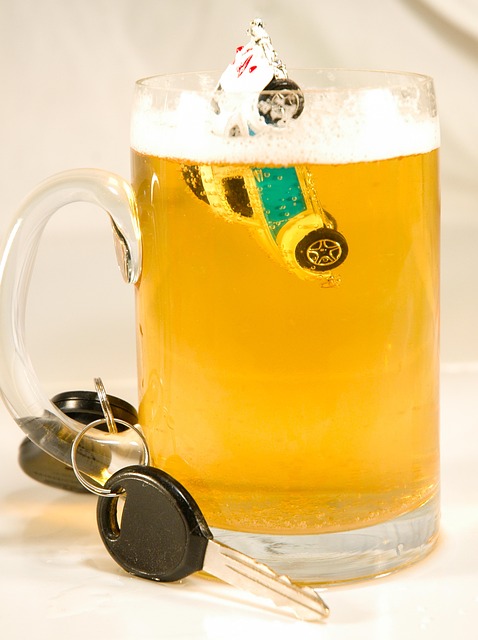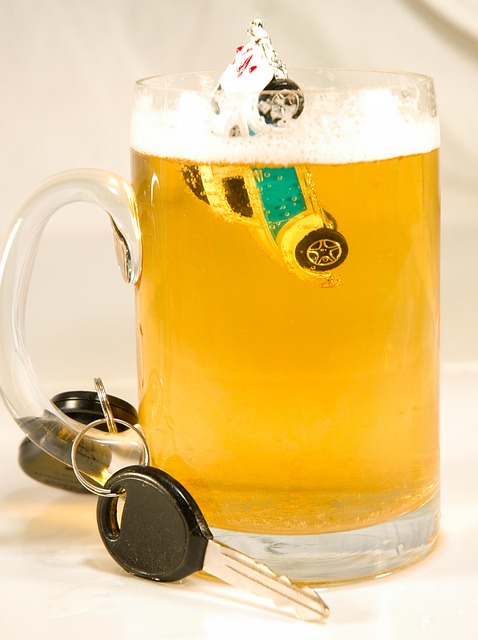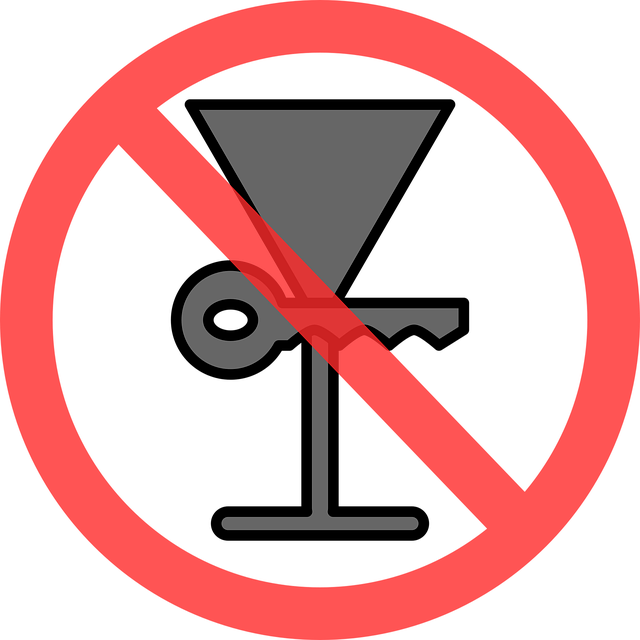Tourists driving abroad face unique DUI laws with varying penalties. Ignorance of local regulations can lead to severe consequences. Specialized DUI defense lawyers, understanding both local laws and international rights, are crucial for fair treatment and effective defense strategies tailored to tourists' circumstances. Engaging local counsel familiar with cross-border cases is vital for navigating complexities, ensuring rights, and managing unique challenges. Cultural considerations and understanding local customs are essential for successful defenses.
Impaired driving is a global issue, but navigating foreign laws and rights can be a challenge for tourists. This article delves into the complex world of international DUI (Drunk Driving Under Influence) cases, exploring various perspectives from around the globe. We examine the legal landscape, including understanding global DUI regulations, the rights of tourists facing charges, and the unique challenges in defending against these accusations. Learn practical strategies for effective DUI defense tailored for tourists, along with cultural considerations shaping outcomes in international cases.
- Understanding Global DUI Laws and Regulations
- Rights of Tourists Facing Impaired Driving Charges
- Challenges in Navigating Foreign DUI Defenses
- Strategies for Effective DUI Defense for Tourists
- Cultural Considerations in International DUI Cases
- Case Studies: Successful DUI Defense for International Visitors
Understanding Global DUI Laws and Regulations

Understanding global DUI laws is crucial for tourists who may find themselves driving in a foreign country. Each nation has its own set of regulations, penalties, and procedures when it comes to impaired driving. What might be considered legal in one place could be strictly prohibited elsewhere, making it essential for travelers to familiarize themselves with the local laws before taking the wheel.
For instance, some countries have lower blood alcohol limits than others, with strict enforcement and severe consequences for those found guilty of DUI. Tourists who are not aware of these regulations may inadvertently break the law, leading to hefty fines, license suspension, or even jail time. A solid understanding of local DUI laws can be a powerful tool in defending against such charges, especially when tourists have no prior record and genuinely had no intention of breaking the law. This knowledge empowers them to make informed decisions and potentially avoid the complexities of navigating foreign legal systems.
Rights of Tourists Facing Impaired Driving Charges

When tourists find themselves facing impaired driving charges in a foreign country, their rights can be complex and often misunderstood. While local laws apply equally to all visitors, tourists may face unique challenges when navigating the legal system, especially regarding DUI (driving under the influence) offenses. Many countries have strict rules with severe penalties for those convicted, which can significantly impact a tourist’s travel plans and future opportunities.
A crucial aspect of protecting these travelers’ rights is access to competent legal representation, particularly in the form of a specialized DUI defense lawyer who understands both local laws and international visitor rights. Tourists accused of impaired driving should seek counsel from attorneys experienced in cross-border law or those with expertise in defending foreign nationals. This ensures they receive fair treatment, understand their options, and have the best chance at a favorable outcome while mitigating potential negative consequences on their travel records and future ability to enter that country.
Challenges in Navigating Foreign DUI Defenses

Navigating foreign laws and legal systems can be a significant challenge for tourists accused of impaired driving, often leading to confusion and overwhelming experiences. International travel brings a range of complexities, especially when it comes to understanding local DUI (Driving Under the Influence) regulations. Each country has its own set of rules and penalties, which can differ drastically from one nation to another. For instance, some countries may have lower blood alcohol limits or stricter penalties for first-time offenders compared to the traveler’s home country.
Tourists facing DUI charges in a foreign land must quickly familiarize themselves with local laws and seek competent legal counsel. The complexity arises when dealing with different languages, cultural norms, and judicial procedures. Engaging local attorneys or legal experts who specialize in cross-border DUI cases can help tourists understand their rights and defend against these charges effectively. This support is crucial for ensuring fair treatment and managing the unique challenges of defending a DUI case abroad.
Strategies for Effective DUI Defense for Tourists

When tourists find themselves facing DUI charges in a foreign country, navigating the legal system can be overwhelming. A strong DUI defense strategy is essential to protect their rights and ensure the best possible outcome. One key approach is to hire local legal counsel who understand the intricacies of the jurisdiction’s laws and court procedures.
Additionally, tourists should gather and preserve evidence that challenges the prosecution’s case. This may include requesting police reports, testing the reliability of breathalyzer or blood test results, and documenting any potential violations of their rights during detention. Effective communication with legal representatives is crucial, ensuring they are fully briefed on all circumstances surrounding the arrest to build a comprehensive defense strategy tailored to the tourist’s unique situation.
Cultural Considerations in International DUI Cases

When dealing with international DUI cases, cultural considerations are paramount. Different countries have diverse driving cultures and laws, which can significantly impact how a tourist’s case unfolds. For instance, what is considered acceptable behavior in one nation might be seen as reckless or aggressive in another. Understanding local customs and legal norms is crucial for effective DUI defense for tourists.
Attorneys representing non-resident defendants must be adept at navigating these cultural nuances to ensure their clients receive fair treatment. This includes being aware of language barriers, differing standards of proof, and unique legal interpretations. By factoring in these aspects, defense lawyers can mount a robust case while respecting the host nation’s jurisdiction and customs.
Case Studies: Successful DUI Defense for International Visitors

Many international visitors find themselves in a precarious situation when they’re accused of impaired driving while on vacation or business trips abroad. These cases highlight the complexities of navigating DUI laws across different jurisdictions, where local regulations and cultural norms can significantly impact outcomes. However, there are successful examples of DUI defense for tourists that demonstrate the importance of understanding these nuances.
For instance, in several European countries, the legal blood alcohol limit is lower than in the United States, which presents a unique challenge for visitors. Skilled attorneys specializing in cross-border DUI cases have successfully argued that local law enforcement didn’t adequately account for the tourist’s cultural background and potential differences in beverage strengths. Through thorough research and strategic advocacy, these defenses have led to reduced charges or even acquittals, underscoring the significance of a robust DUI defense tailored to the specific circumstances of international visitors.
Global perspectives on impaired driving present unique challenges for tourists facing DUI charges abroad. Understanding foreign laws, knowing one’s rights, and recognizing cultural nuances are key components of an effective DUI defense strategy for international visitors. By delving into these aspects and employing tailored legal approaches, tourists can navigate complex foreign systems and protect their interests in international DUI cases.






